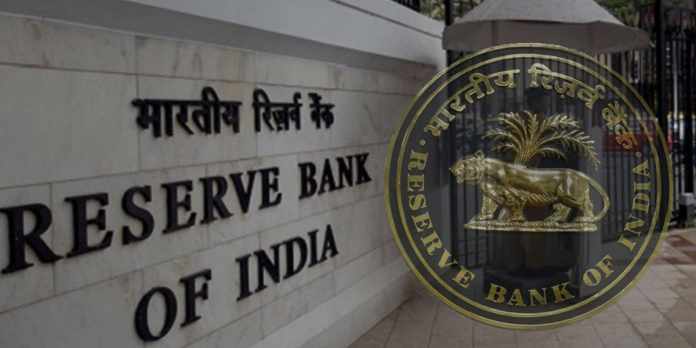Personal loans are a form of unsecured loans offered by financial institutions that require no security fee or collateral from the borrower. However, this enhances the level of credit risk for the loan providers. Therefore, lenders generally keep the rates of interest on these loans higher than others. Higher rates of interest also increase the EMIs or the equated monthly instalments. Find how RBI repo rates impact your personal loan EMI.
Monthly EMIs are an important aspect of personal finance as you have to pay them every month along with all other expenses. It is a convenient way to pay your debt and become debt-free over time. Hence, a change in the EMI can directly impact the borrower, and a reduction can help you manage your expenses better.
One factor that can impact your monthly EMI is the repo rate set by the Reserve Bank of India. Read on to know more about how it can affect you and your loan EMI.
What are RBI repo rates?
When financial institutions face a shortage of funds, they borrow money from multiple sources, and the most prominent one is the central bank of India. The Reserve Bank of India or RBI lends money to financial institutions at an interest rate. RBI then enjoys the profit on the interest rate they lend the funds on. So, this rate of interest applied by the RBI is called the repo rate.
How does the repo rate affect your personal loan EMI?
First, let us understand how personal loan EMI is determined. The equated monthly instalment consists of the principle and the interest amount. If there is a decrease in the repo rate by RBI, then the cost of borrowing funds decreases for the financial institutions. This means that the rates of interest are also reduced for the individuals borrowing from these lenders.
Hence, a reduction in the repo rate by RBI decreases the personal loan interest rates and the EMIs for the borrowers.
Furthermore, when the Reserve Bank of India increases the repo rates, lenders must borrow the funds at higher rates of interest. This, in turn, forces them to offer high-interest rates to their customers which increases the EMIs.
The impact of repo rates on the economy
The change in economic factors leads to the change in RBI repo rates. This change can impact all sectors of the economy in multiple ways. A reduction in the repo rate can improve the economy as it leads to customers borrowing more funds from financial institutions that can stabilise the inflation in return.
It has been observed in the past that when the Reserve Bank of India slashes the repo rates, financial institutions take longer to reduce their interest rates. Whereas, according to the RBI, the financial institutions are required to implement the interest rates as soon as possible.
Hence, if you borrow a personal loan when the repo rate is low, you can benefit from the lower rates of interest and low EMIs. This can help in reducing your financial burden and monthly expenses to an extent.










